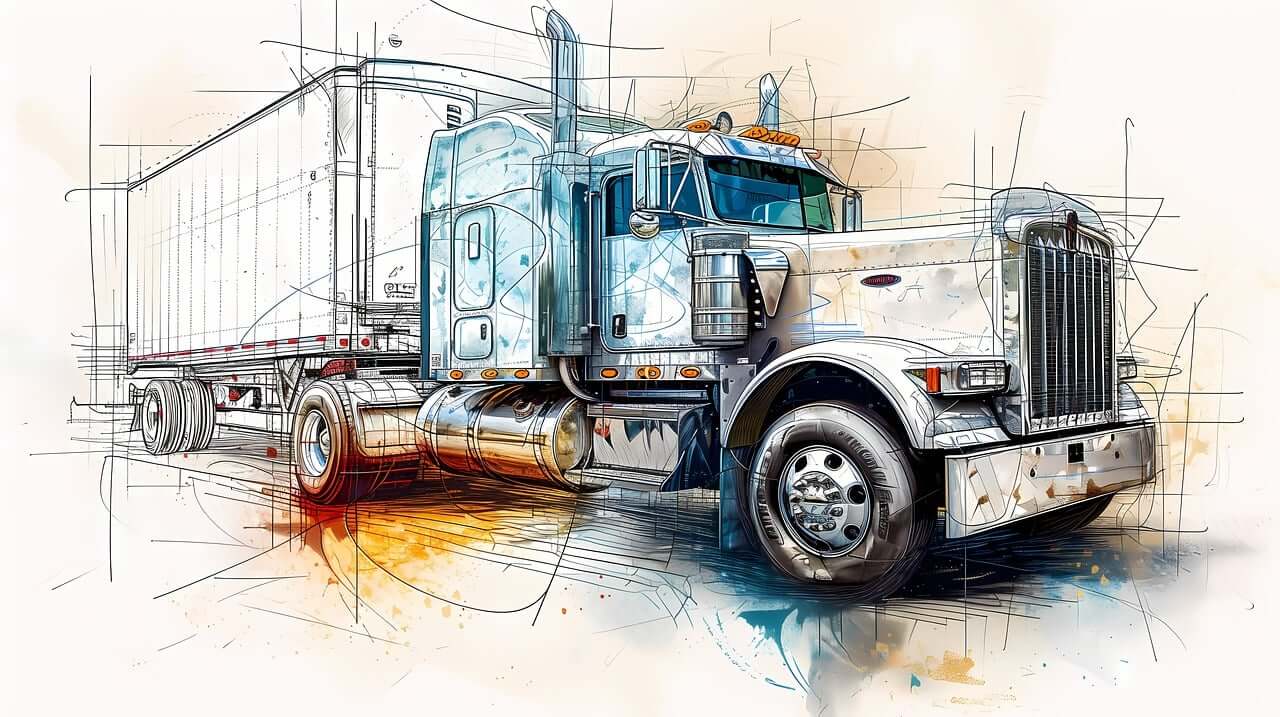
Innovation is the driving force behind the transformation of the commercial auto industry. As technology continues to evolve and consumer demands shift, businesses are embracing innovative solutions to enhance safety, efficiency, and sustainability in their fleet operations. In this article, we explore the role of innovation in shaping the future of commercial auto and the key trends driving this transformation.
Advancements in Vehicle Technology:
One of the most significant drivers of innovation in commercial auto is the advancements in vehicle technology. From autonomous vehicles and telematics to electric and hydrogen-powered trucks, businesses are exploring new technologies to improve fleet performance, reduce emissions, and enhance driver safety.
Autonomous vehicles, equipped with advanced sensors and artificial intelligence, have the potential to revolutionize the transportation industry by reducing accidents, improving fuel efficiency, and optimizing route planning. Telematics systems provide real-time data on vehicle performance, driver behavior, and maintenance needs, enabling businesses to make informed decisions and optimize fleet operations.
Data Analytics and Predictive Insights:
Data analytics is another area where innovation is shaping the future of commercial auto. By leveraging big data and predictive analytics, businesses can gain valuable insights into driver behavior, vehicle performance, and risk factors, allowing them to identify potential issues before they occur and take proactive measures to mitigate risks.
Predictive analytics can help businesses optimize routing, reduce fuel consumption, and minimize downtime by predicting maintenance needs and scheduling repairs accordingly. By harnessing the power of data, businesses can improve efficiency, reduce costs, and enhance overall fleet performance.
Focus on Sustainability and Environmental Responsibility:
Sustainability is becoming increasingly important in the commercial auto industry, driving innovation in alternative fuel technologies and eco-friendly fleet management practices. With growing concerns about climate change and air quality, businesses are exploring greener alternatives to traditional diesel-powered vehicles.
Electric and hydrogen-powered trucks offer a sustainable solution to reduce carbon emissions and dependence on fossil fuels. These vehicles are not only environmentally friendly but also cost-effective in the long run, with lower operating costs and reduced maintenance requirements compared to traditional diesel trucks.
Integration of Connectivity and IoT Solutions:
The integration of connectivity and Internet of Things (IoT) solutions is revolutionizing the way businesses manage their commercial auto fleets. IoT-enabled devices and sensors can collect real-time data on vehicle performance, driver behavior, and environmental conditions, providing businesses with valuable insights into fleet operations.
By connecting vehicles, drivers, and back-office systems, businesses can streamline communication, optimize routing, and improve overall fleet efficiency. IoT solutions also enable remote diagnostics and predictive maintenance, allowing businesses to identify and address potential issues before they impact operations.
Innovation is reshaping the future of commercial auto, driving improvements in safety, efficiency, and sustainability. By embracing advancements in vehicle technology, data analytics, sustainability initiatives, and connectivity solutions, businesses can position themselves for success in an increasingly competitive and dynamic industry. With innovation as their guiding principle, businesses can navigate the challenges and opportunities of the commercial auto market and drive towards a brighter, more sustainable future.


